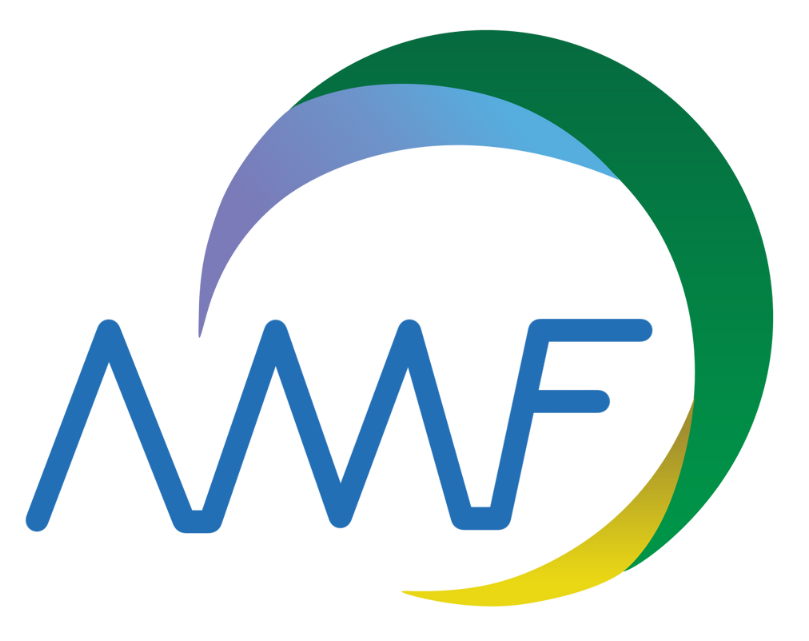Sustainable Coffee Agriculture and Value-Added Creation (SAVA)

Executive Summary
PT Supreme Energy Rantau Dedap (SERD)’s CSR programme in South Sumatra focuses on community development and climate change adaptation through the Sustainable Coffee Agriculture and Value-Added Creation (SAVA) initiative. This programme aims to meet the Rainforest Alliance standards through five key objectives: strengthening farmer group institutions and financial management, implementing sustainable agroforestry practices, improving product traceability, enhancing coffee value addition, and promoting responsible business practices.
Background
PT Supreme Energy Rantau Dedap (SERD) is developing a geothermal power plant project in South Sumatra and is committed to improving community welfare—particularly among coffee farmers, who represent the main local livelihood. Through a partnership with the Anwar Muhammad Foundation (AMF), the Livelihood Improvement Programme (2020–2022) and the 2023 CSR programme successfully strengthened farmers’ income, capacity, and the sustainability of coffee farming enterprises.The Sustainable Coffee Agriculture and Value-Added Creation (SAVA) programme continues these efforts by focusing on strengthening farmer group institutions, implementing agroforestry-based cultivation, ensuring product traceability, promoting value-added coffee processing, and advancing responsible business practices. SAVA seeks to integrate productivity improvement with environmental conservation to ensure the long-term economic sustainability of coffee farmers and the coffee supply chain within PT SERD’s operational area.
Client
PT. Supreme Energy Rantau Dedap (SERD)
Partner
Vocational School of IPB University
Year
2024-2025/Indonesia
Location
Lahat Regency & Muara Enim Regency, South Sumatra
Objectives of the Intervention
- To enhance group management capacity in institutional and financial aspects to support sustainable agriculture.
- To implement sustainable coffee farming practices through agroforestry to promote long-term productivity.
- To strengthen product assurance and certification traceability systems.
- To increase value creation in coffee production.
- To apply responsible business practices across the supply chain.
Implementation
September - Desember 2024
1. Deployment of Field Officers:
Field Officers were assigned to ensure continuous and responsive on-site support. They played a strategic role in implementing Good Agricultural Practices (GAP) and providing intensive direct assistance to drive optimal programme results.
2. Development of Group and Financial Management:
This activity aimed to strengthen the farmer groups’ capacity in effectively managing their institutions and finances as part of the effort to support sustainable farming.
3. Monitoring and Evaluation:
AMF adopted the PMEALIE approach (Planning, Monitoring, Evaluation, Accountability, Learning, and Impact Evaluation) to ensure systematic data management, reporting, and project communication, supporting the achievement of high-quality outputs.
January 2025
1. Harvesting and Post-Harvest Management System
a. Optimisation of Post-Harvest Facilities:
The post-harvest optimisation initiative aimed to improve efficiency and quality in the coffee drying process. By ensuring even heat distribution, proper ventilation, and protection from moisture or external contamination, the drying dome helped minimise product damage during drying.
2. Agroforestry-Based Coffee Cultivation System Management
a. Identification of Coffee Plant Maintenance Practices:
This activity focused on identifying farmers’ maintenance habits and the health conditions of their coffee plants through field visits and interviews.
b. Training on Proper Coffee Plant Maintenance:
The training covered (1) coffee pruning, (2) soil and water conservation, (3) weed control, (4) coffee plant fertilisation, and (5) organic fertiliser production. A handbook titled “Pocket Book on Proper Coffee Plant Maintenance” was also developed as part of the training.
3. Group and Financial Management Development
a. Results of Financial Character Study Analysis:
The analysis provided an overview of financial literacy levels, financial management skills, and the socio-economic factors influencing respondents’ financial capacity.
4. Coffee Plantation Mapping
Land and environmental mapping played a vital role in supporting product traceability, managing environmental risks, and identifying potential climate change impacts.
5. Field Assistance and Monitoring
Continuous assistance and monitoring by Field Officers ensured the sustainability of training outcomes and supported farmer groups in effectively implementing their learnings.
6. Monitoring and Evaluation
AMF maintained the PMEALIE approach to ensure systematic data management, reporting, and communication throughout the project, ensuring the delivery of quality outputs.
Main Outputs and Deliverables
Challenges Encountered
- Group dynamics continue to evolve, requiring further facilitation to strengthen internal communication and collaboration.
- Farmers’ irregular schedules necessitated innovative and adaptive mentoring arrangements aligned with their daily activities.
Lessons Learned
- Early multi-stakeholder engagement accelerates inclusive solution finding.
- Strong preliminary research simplifies the programme implementation phase.
- Programme replication must be tailored to local social, economic, environmental, and human resource conditions.
Documentation

Anwar Muhammad Foundation
Jl. O Kavling No. 12, RT. 10 RW. 14, Kebon Baru, Tebet, Jakarta Selatan – Indonesia 12830